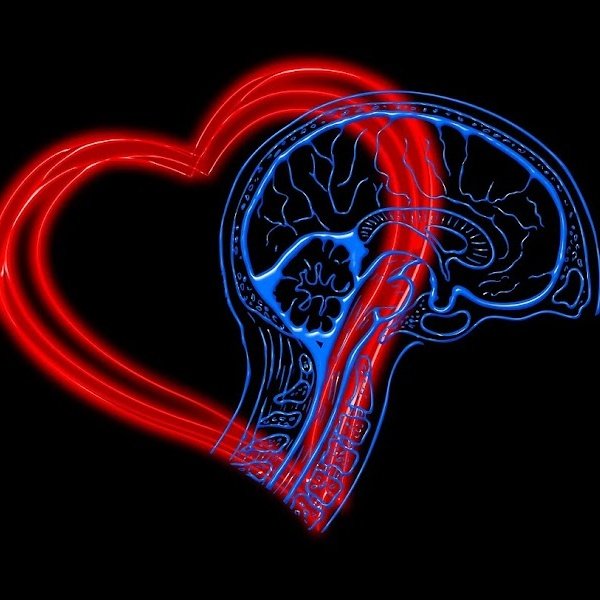
Emotional Intelligence (EI) refers to the ability to recognize, understand, and manage one's own emotions, as well as the capacity to perceive and influence the emotions of others. This concept, introduced by psychologists Peter Salovey and John Mayer and popularized by author and psychologist Daniel Goleman, is a critical aspect of personal and social competence.
Key Components of Emotional Intelligence:
Self-Awareness:
Recognizing and understanding one's own emotions, including the ability to identify how emotions influence thoughts and behavior.
Self-Management:
Effectively managing and regulating one's emotions. This involves controlling impulsive reactions, adapting to change, and maintaining a positive outlook.
Social Awareness:
Perceiving and understanding the emotions of others. This includes empathy—the ability to comprehend others' feelings—and being attuned to social cues and dynamics.
Relationship Management:
Building and maintaining positive relationships. This involves effective communication, conflict resolution, and the ability to inspire and influence others.
Importance of Emotional Intelligence:
Effective Communication:
Emotional intelligence is crucial for clear and empathetic communication. Individuals with high EI can express themselves effectively and understand the emotions conveyed by others. See here: https://shorturl.at/fNW03
Interpersonal Relationships:
Strong relationships are built on understanding and managing emotions. EI helps individuals navigate social complexities, fostering positive connections.
Leadership and Teamwork:
In leadership roles, EI is associated with inspiring and leading teams. Leaders with high emotional intelligence can motivate others, resolve conflicts, and create collaborative environments. Click here for more: https://shorturl.at/jqyH4.
Stress Management:
EI plays a significant role in managing stress. Individuals who can regulate their emotions are better equipped to handle pressure and adversity.
Conflict Resolution:
Understanding emotions allows for more effective conflict resolution. EI helps individuals approach conflicts with empathy and find constructive solutions.
Adaptability: Emotional intelligence contributes to adaptability and resilience. Individuals who can navigate their emotions are more adept at handling change and bouncing back from setbacks. Understanding emotional intelligence involves a holistic grasp of how emotions impact oneself and others. It serves as a foundation for personal growth, effective communication, and positive interpersonal interactions. Cultivating emotional intelligence is an ongoing process that can lead to improved well-being and success in various aspects of life.
Browse here for more info: https://shorturl.at/gxyD7
******************Comments are invited.****************
